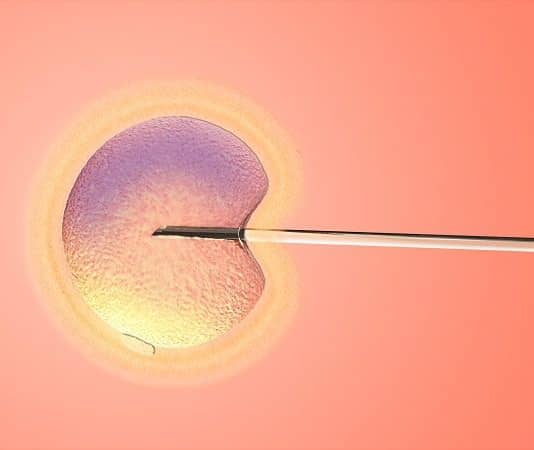Custody and IVF

Many couples aspire for years to grow their family by having children.
While some couples have their own children, others may choose to adopt.
The growing field of fertility science provides alternatives to those
couples who may have trouble conceiving on their own. One form of this
type of treatment is IVF, or in vitro fertilization. In this process,
embryos are created and frozen until a couple is ready to proceed with
implantation and hopefully pregnancy. When a couple divorces or separates
before these embryos are implanted, it may become up to the court to decide
what happens to the embryos.
The New Jersey Supreme Court addressed the issue of IVF and divorce in
the case of JB v MB. In that case, the parties went to a fertility clinic
and had embryos frozen during their marriage. The agreement they signed
with the fertility clinic provided that if the parties divorced and the
judge did not otherwise order who would take possession of the embryos,
the embryos would become the property of the clinic. The parties then
divorced. The final decree of divorce made no provision for the embryos.
The husband, MS, subsequently brought suit against the clinic, stating
that the agreement was against public policy, as parents should not be
directed on how to dispose of the embryos. The Supreme Court agreed with
the husband. The court recognized that with the rise of fertility treatments
and use of IVF by many couples, the use of the types of agreements that
gave custody of the embryos to the clinic was unnecessary.
However, that does not answer the real question of what would happen if
the couple both wanted custody of the embryos or if one of the parties
wanted to destroy the embryos while the other wanted to keep them. The
Supreme Court did address that subject by stating any pre-existing written
agreement should prevail. If none and one party wanted the embryos destroyed
over the others objection, the interest of both the parties would have
to be addressed. The court did caution, however, that in such a situation,
the party requesting the embryos be destroyed would probably be successful.
We have experience in helping clients with complicated custody and fertility
issues during and after divorce. Call us today at (732) 529-6937 to talk
about your case.
